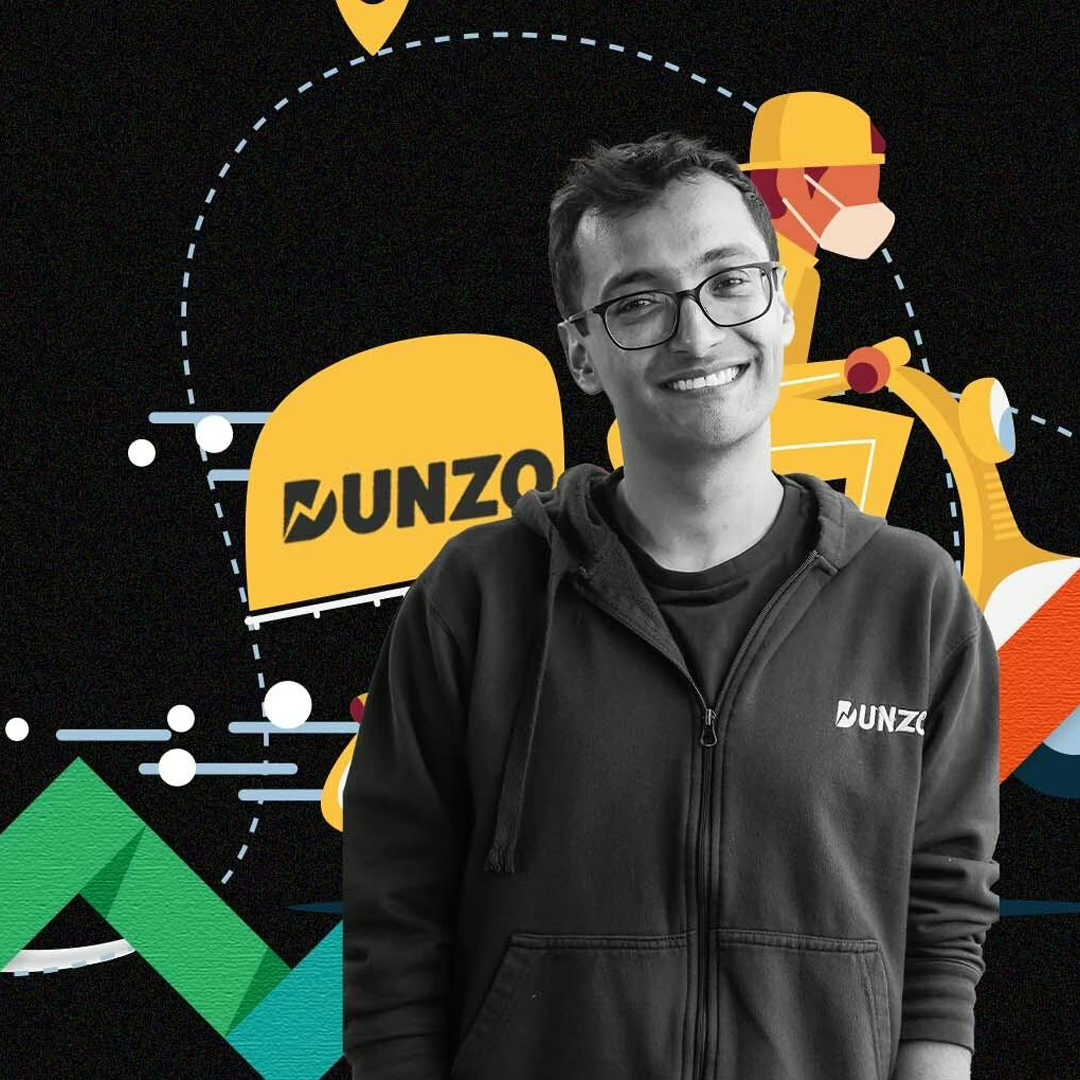
In a significant turn of events, hyperlocal delivery service Dunzo has gone offline, marking a major shift in its trajectory. This development follows the resignation of its co-founder and CEO, Kabeer Biswas, who has joined Flipkart to contribute to its quick commerce division. The shutdown of Dunzo’s website and app is symptomatic of deeper challenges within the startup, including financial strain, investor exits, and internal unrest.
Kabeer Biswas Resignation and New Endeavor
Kabeer Biswas, a prominent figure in India’s startup ecosystem, announced his departure from Dunzo, a move that coincides with his transition to Flipkart. Biswas, who played a pivotal role in shaping Dunzo’s growth and expansion since its inception in 2014, is now focusing on developing Flipkart’s quick commerce capabilities. His resignation marks the departure of the last remaining co-founder, following the exits of Mukund Jha, Dalvir Suri, and Ankur Agarwal.
The Financial Struggles and Shutdown
The challenges at Dunzo have been mounting over the past months. Reports from Inc42 and Moneycontrol highlight several critical issues:
- Pending Salaries and Complaints: Numerous employees have raised complaints against the company for unpaid salaries, reflecting financial instability. The delay in payments to vendors further exacerbates the situation.
- Investor Exits: Key investors, including Reliance, which had a significant $200 million stake in Dunzo, have withdrawn their support. Google and Lightbox have also exited the company’s board, leaving Dunzo without crucial financial backing.
- Failed Acquisition Talks: Dunzo was reportedly in discussions with food delivery giants Swiggy and Tata’s BigBasket for a potential buyout. However, these negotiations did not materialize, leaving the company without a viable path to recovery.
- Operational Shutdown: The culmination of these issues has led to the shutdown of Dunzo’s app and website, effectively halting its operations and leaving its future uncertain.
The Rise and Fall of Dunzo
Founded in 2014, Dunzo quickly gained traction as a reliable hyperlocal delivery service. It catered to a growing demand for quick and efficient delivery of groceries, food, and essentials. The startup’s innovative model and customer-centric approach attracted significant investments, including a $75 million Series F funding round in April 2023. However, post-fundraise, the company faced a downturn, leading to layoffs and scaling back of operations.
Industry Implications
Dunzo’s offline status is a reflection of broader challenges within the hyperlocal delivery sector in India. While the demand for quick delivery services remains robust, sustaining operations amid intense competition and high operational costs proves challenging. Dunzo’s story underscores the need for sustainable business models, robust financial management, and strategic investor relations.
Future Prospects and Lessons Learned
The exit of Kabeer Biswas and other key stakeholders from Dunzo marks a critical juncture. While the immediate future of Dunzo appears bleak, the lessons from its rise and fall can serve as a blueprint for other startups in the sector. Companies must focus on:
- Sustainable Growth: Balancing expansion with financial prudence is crucial. Over-reliance on external funding without a clear path to profitability can lead to vulnerabilities.
- Strong Governance: Active and supportive board members can steer startups through challenging times. The departure of key investors and board members can leave companies in a precarious position.
- Adaptability: The dynamic nature of the market requires startups to be agile and responsive to changing circumstances, including shifting consumer preferences and competitive pressures.
Conclusion
Dunzo’s offline status is a significant development in the Indian startup landscape. As the company navigates its future, the industry will watch closely for insights into the sustainability of hyperlocal delivery models. Kabeer Biswas’ move to Flipkart signals a new chapter for him, while Dunzo’s fate remains uncertain. For startups in similar domains, the Dunzo experience offers critical lessons on the importance of financial stability, strategic partnerships, and the ability to pivot in a rapidly evolving market.
FAQs
1. Why did Dunzo go offline?
Dunzo went offline due to a combination of financial difficulties, unpaid salaries, investor exits, and failed acquisition talks.
2. Who is Kabeer Biswas?
Kabeer Biswas is the co-founder and former CEO of Dunzo, who recently joined Flipkart to work on its quick commerce offerings.
3. What happened to Dunzo’s investors?
Major investors, including Reliance, Google, and Lightbox, have exited the company, contributing to its operational shutdown.
4. What is the future of Dunzo?
Dunzo’s future is uncertain, with its app and website offline and the company facing significant financial and operational challenges.
